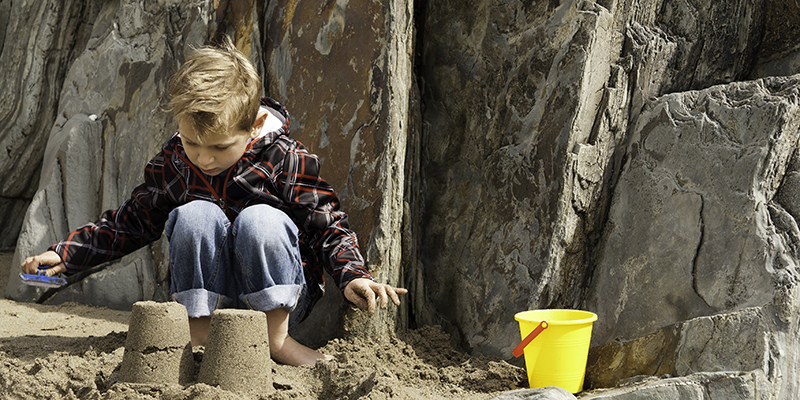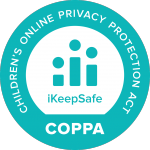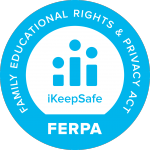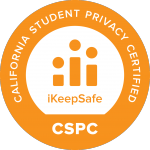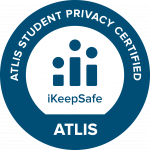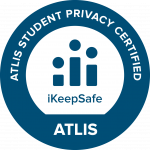Playtime seems to be a number one priority in a child’s mind. Many kids take play so seriously that they cannot even be bothered to sit down and eat a meal or take a nap, for fear of missing out. As parents, we may silently giggle to ourselves in annoyance when this happens. But it turns out that one particular type of play, free play, is a crucial part of a child’s development. Read on to learn about the double meaning and countless benefits of free play.
Unstructured playtime is serious business. So serious, in fact, that the United Nations High Commission for Human Rights has recognized it as a right of every child.
It can be very difficult to define play. There are so many variations of how children have fun including physical, emotional, social, self-confident, and cognitive play, not to mention the distinction between playing alone or in a group. Dr. Stuart Brown, a pioneer in research on play, defines it as not having a particular purpose. “If its purpose is more important than the act of doing it, it’s probably not play,” he says.
So, what does play do for the brain? Research done by the American Academy of Pediatrics (AAP) explains the following benefits of play for children:
- It is through play that children at a very early age engage and interact in the world around them. Play allows children to create and explore a world they can master, conquering their fears while practicing adult roles, sometimes in conjunction with other children or adult caregivers.
- Play helps children develop new competencies that lead to enhanced confidence and the resiliency they will need to face future challenges.
- Undirected play allows children to learn how to work in groups, to share, to negotiate, to resolve conflicts, and to learn self-advocacy skills.
- When play is child-driven, children practice decision-making skills, move at their own pace, discover their own areas of interest, and ultimately engage fully in the passions they wish to pursue.
- In contrast to passive entertainment, play builds active, healthy bodies. In fact, it has been suggested that encouraging unstructured play may be an exceptional way to increase physical activity levels in children, which is one important strategy in the resolution of the obesity epidemic.
Clearly, this seems like a no-brainer. How often is it that our kids love to do something that is GOOD for them? So, what’s the problem?
Time for free play is being reduced by schools and parents, despite the numerous benefits derived from playtime. In 1989, a survey taken by the National Association of Elementary School Principals found that 96% of schools had at least one recess period. A decade later, a similar survey showed that number had reduced to 70%. Many schools have now replaced recess with more academics. Reduced time for physical activity may impact a child’s ability to absorb new information.
Parents are constantly bombarded with information on how to prepare their children to excel through adulthood. There are countless products on the shelves that are carefully marketed to parents as “the best for your child.” Computer programs, enrichment videos, and specialized toys and books are a few of these products that have many parents thinking, “good parents buy this for their kid.” Despite the financial disruptions this can cause to a family, the parent-child dynamic starts to shift to more of a scheduled activity relationship. That’s not to say that these enrichment and specialized products are bad, some are quite beneficial as well, but there needs to be a healthy balance between scheduled activity and free play.
Americans have become such busy people. Almost everyone we come across seems to be running late for a meeting or rushing out the door. Some people thrive on busy schedules. They need that structure and responsibility to stay sane. What about kids? These days, kids have such insanely busy schedules that there is no time for unstructured play. School, homework, sports teams, extracurricular activities, family obligations, chores, etc. can cause a lot of stress and anxiety for a child. If a child is constantly fulfilling commitments and is unable to just be a kid and play, depression can easily start to creep in.
What are the solutions? What can we do to ensure that our children are getting the most out of life? We all want our kids to be happy and healthy and grow into well-adjusted adults. Here’s what you can do to help:
- Encourage free play. Free play gives kids the chance to learn to work with others and to make compromises. Let your child run wild in the playroom. Instead of worrying about the mess of toys that you’ll need to clean up later, watch him or her use their imagination with those toys. The park is also a great resource for free play and it helps your child’s social development as well.
- Think before you buy. “Free” is the key word in free play, and it has a double meaning. When kids do not have costumes, special toys, or video games, they learn to improvise. By cutting back on purchases like these, you are encouraging your child to get creative. Turn pillows and blankets into a fort, or make a band of musical instruments from kitchen tools. The possibilities are endless and, thanks to Pinterest, are always at a parent’s fingertips.
- Play with your kids. Parents are not playing with their kids like they used to. We can probably put some of that blame on increased screen time and consumption activities that we participate in with our children. By playing with your child, you gain insight on their world. You can learn things about them that you didn’t realize before. Most of all, it connects family members together to laugh and play with each other.
Play is such a cherished part of childhood. Think back to when you were a young kid. The happiest of memories most likely involved playing, not pricey toys. You probably remember playing with your friends or your family, at the playground or at home in your backyard. In order to strive for a developmental ambience, let’s shut off the screens and give our children the best gift of all: the gift of play.


